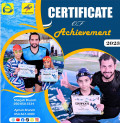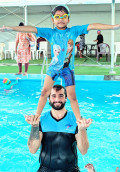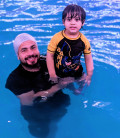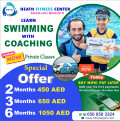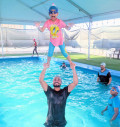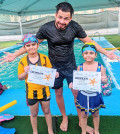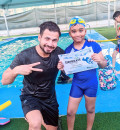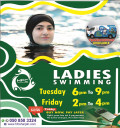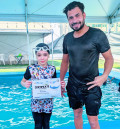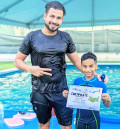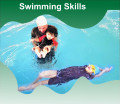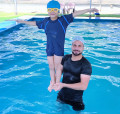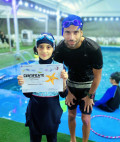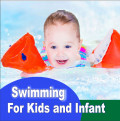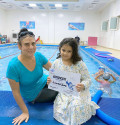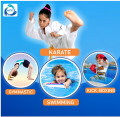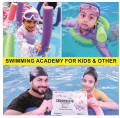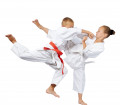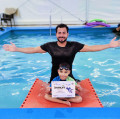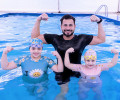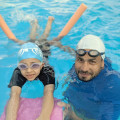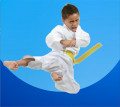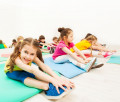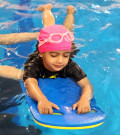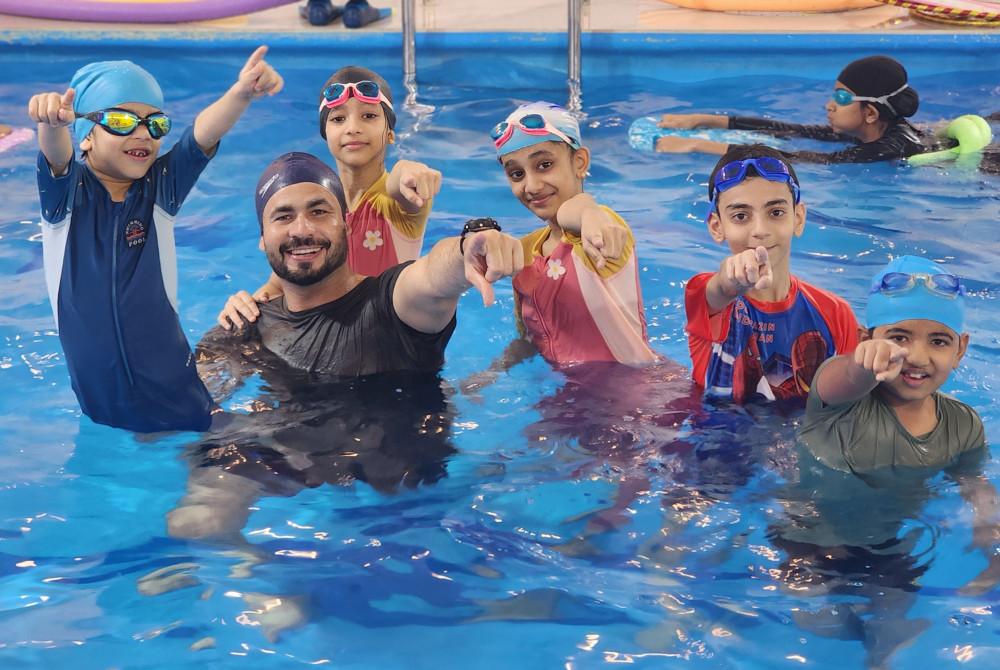
Swimming offers a full-body workout, engaging various muscle groups
2024-03-03 - swimmingIntroduction
Swimming is not only a recreational activity but also an
essential life skill, especially for children. It's a delightful sight to
witness kids swimming with joyous movements, splashing around with friends, and
enjoying the water. In this article, we'll explore the significance of kids
swimming with happy movements and how it contributes to their overall
development.
Physical Benefits
Swimming offers a full-body workout, engaging various muscle
groups. It improves cardiovascular health, endurance, and flexibility.
Moreover, it helps in maintaining a healthy weight and promotes better posture.
Mental Benefits
Apart from physical health, swimming has numerous mental
benefits for children. It boosts mood, reduces stress and anxiety, and enhances
cognitive function. The rhythmic movements in water have a calming effect on
the mind, making it an excellent stress-reliever.
Supervision
Safety should always be a top priority when kids are
swimming. They should never be left unsupervised near water. Adults must
actively supervise children, even if they know how to swim.
Proper Equipment
Ensure that children have access to appropriate swimwear and
safety gear such as life jackets or floatation devices. These aids provide
extra security, especially for beginners.
Start Early
Introducing children to water at a young age helps in
overcoming any fear or apprehension they may have. Even infants can benefit
from gentle exposure to water.
Fun and Games
Make swimming lessons enjoyable by incorporating games and
playful activities. This not only keeps children engaged but also helps them
learn essential swimming skills without feeling pressured.
Positive Reinforcement
Encourage and praise children for their efforts, no matter
how small. Positive reinforcement boosts their confidence and motivates them to
continue learning and improving their swimming abilities.
Gradual Exposure
For children who are afraid of water, gradual exposure is
key. Start with shallow water and slowly progress to deeper areas as they
become more comfortable.
Building Confidence
Supportive encouragement and reassurance are essential for
building confidence in fearful swimmers. Never force them into situations that
make them uncomfortable, but gently encourage them to face their fears at their
own pace.
Swimming Programs for Kids
Community Classes
Many communities offer swimming programs specifically
designed for children. These classes are often taught by certified instructors
who specialize in working with young swimmers.
Private Lessons
For personalized attention and tailored instruction, private
swimming lessons are an excellent option. These one-on-one sessions allow
instructors to focus on individual strengths and areas for improvement.
Stroke Development
Teaching children proper stroke techniques from an early age
lays a solid foundation for their swimming abilities. Freestyle, backstroke,
breaststroke, and butterfly are fundamental strokes that children should learn.
Breath Control
Learning to control breathing while swimming is crucial for
endurance and safety in the water. Teach children to exhale underwater and
inhale when they turn their heads to breathe.
Swim Competitions
Participating in swim competitions can foster a sense of
independence and accomplishment in children. It encourages them to set goals,
work hard, and strive for improvement.
Lifelong Skill
Swimming is a skill that children can carry with them
throughout their lives. It not only provides countless health benefits but also
opens up opportunities for recreation, fitness, and even potential careers in
lifeguarding or competitive swimming.
Conclusion
Kids swimming with happy movements is a heartwarming sight
that signifies more than just recreational enjoyment. It symbolizes the
development of essential life skills, physical fitness, and mental well-being.
By providing a safe and supportive environment, teaching proper techniques, and
instilling water safety education, we can help children become confident and
proficient swimmers, setting them up for a lifetime of enjoyment in the water.







.jpg)




















